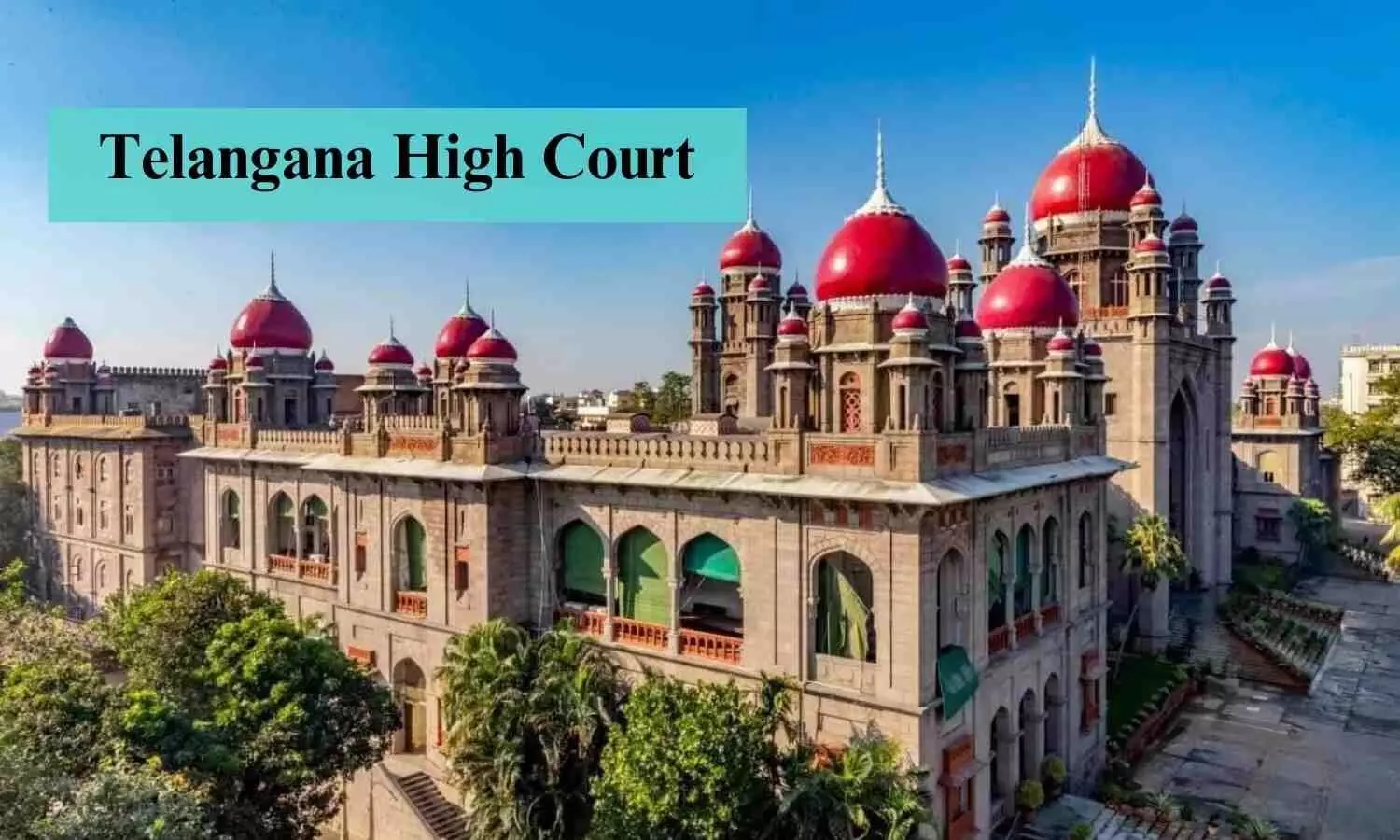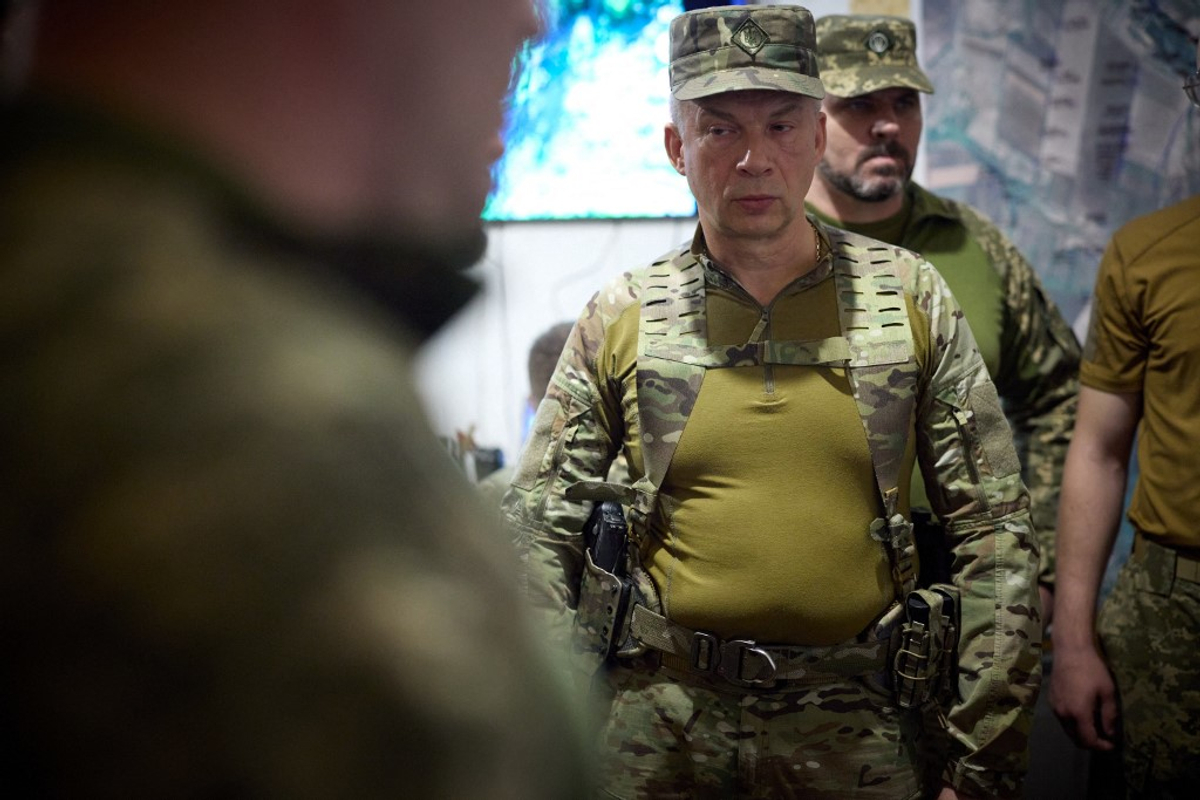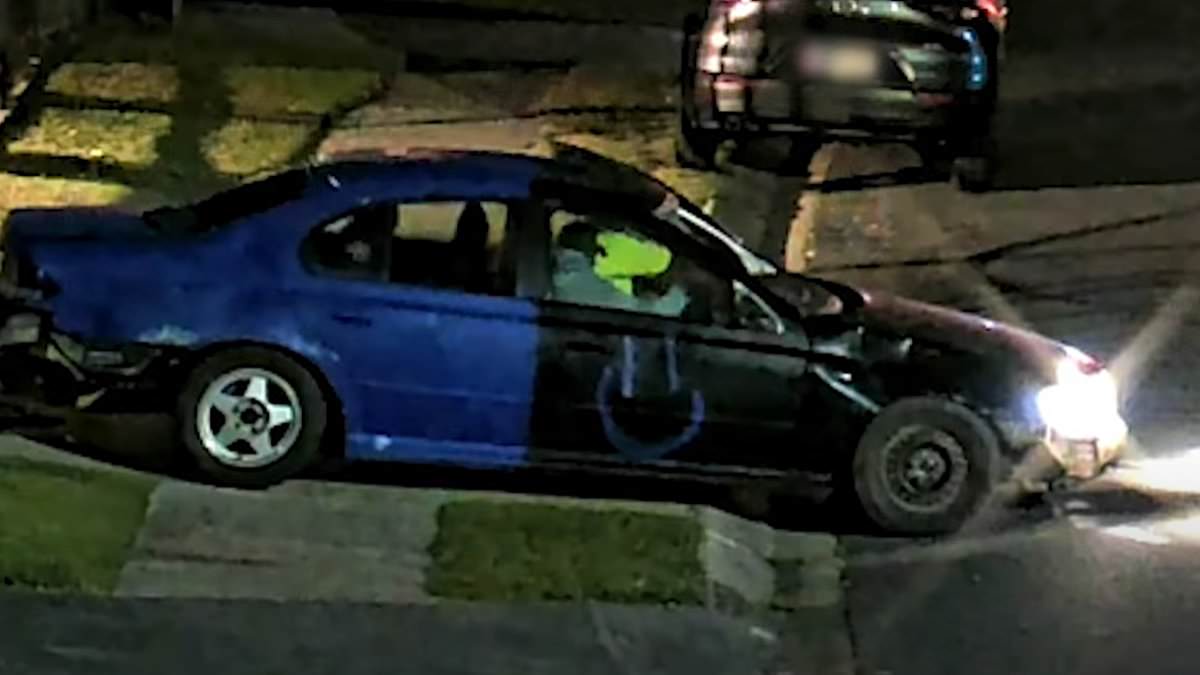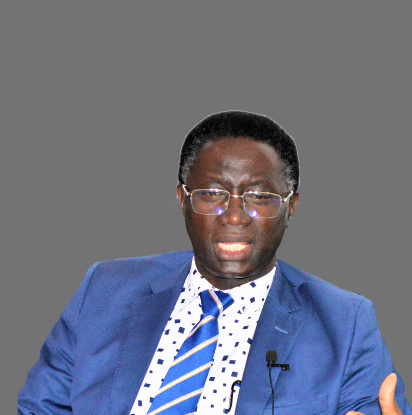HC quashes criminal proceedings against Ayurveda doctors over allopathy practice, pulls up medical council for procedural lapses
By Barsha Misra
Copyright medicaldialogues

Hyderabad: The Telangana High Court recently dismissed the criminal cases against three Ayurveda doctors who had been accused of practising allopathic medicine, ruling that the Telangana State Medical Council did not follow the proper legal procedure.Even though the HC bench comprising Justice N Tukaramji quashed the criminal cases against the doctors, it did not give the doctors a complete pass. In fact, the bench clarified that Telangana State Medical Council still had the authority to take action. “In the above noted findings, for deviating the prescribed procedure and absence of the material particulars in pointing cheating and impersonation, the proceedings started against the petitioners in the respective crimes are liable to be and are accordingly quashed. However the rights of the Respondent No.2 are expressly reserved to proceed against the petitioners as per the prescriptions under relevant provisions and may seek prosecution with requisite particulars/details,” the HC bench held.Observing that registered practitioners of Indian Medicine are not entitled to prescribe allopathic medicine, the High Court bench clarified that in order to take action, the Council must follow the proper procedure by referring the matter to the Commissioner of AYUSH and file a new police complaint, if necessary, with all the required evidence and details.”In the light of the above legal frame work and settled position of law it is clear that the registered practitioners of Indian Medicine are not entitled to prescribe allopathic medicine and such practice is impermissible. Nonetheless, Rule 8 of the APMC Rules prescribes that in the cases involving unqualified persons or quacks i.e., individuals without any recognized qualification in medicine and not registered, the Medical Council is bound to file a criminal complaint with the police,” held the HC bench.”As such, the prescribed course of action under the Telangana Medical Practitioners Registration Act, 1968, and the Andhra Pradesh Medical council rules should be upon information, the Commissioner, AYUSH is the competent authority to take up further course of action. In effect, it shall be held that the Respondent No.2/TMC directly lodging police report for prosecution is impermissible under the prescribed Rules,” it further observed.The AYUSH doctors were booked in May 2025 based on a complaint by the Medical Council that conducted a surprise inspection at the clinics run by the accused in Cyberabad and Rangareddy.Based on the inspection, the TMC, through its Registrar and Vigilance Officer, lodged a complaint alleging that the petitioners were administering IV fluids, injections, and allopathic drugs in violation of Rule 8(2)(9) of the Andhra Pradesh Medical Council Rules, 2013 (APMCR); Section 20(ii) read with Telangana Medical Practitioners Registration Act, 1968(TMPR Act); Sections 34 of the National Medical Commission Act (NMCA); and Sections 318(4) and 319(2) of the Bharatiya Nyaya Sanhita, 2023 (BNS). Consequently, the related crimes were registered against the petitioners.The counsel for the petitioners argued that the registration of crimes without conducting any preliminary enquiry was an abuse of the process. He further submitted that even as per the contents of the complaint, the petitioners were duly qualified BAMS degree holders, having a valid registration with the Government of Telangana, Board of Indian Medicine, and the National Commission for Indian System of Medicine Act, 2020 (NCISM Act, 2020). Their clinics are duly registered, and they have undergone internships at Government Hospitals, thereby gaining practical clinical experience.Further, the counsel emphasized before the HC bench that the petitioners never represented themselves as MBBS doctors, but they were engaged in a legally permissible medical practice which stands protected under Section 17(3)(b) of the Indian Medicine Central Council Act, 1970 (IMCC Act, 1970).The Counsel further relied on the Notification issued by the Central Council of Indian Medicine (CCIM) in 1996 and the Ayush Memorandum dated 30.03.2017, both of which permitted Ayurvedic practitioners to practice modern scientific medicine to a limited extent. He argued that no complaint has been filed by an authorized officer under Section 50 of the NCISM Act, 2020, and that the TMC has no suo motu power under Rule 8(7) of the Andhra Pradesh Medical Council Rules, 2013 (APMC Rules). Thus, there exists a clear procedural irregularity, argued the counsel.On the other hand, the counsel for TMC refuted these submissions and argued that the petitioners, though not qualified in allopathic medicine, were nonetheless practicing and prescribing allopathic drugs in their clinics, which constitutes an illegal practice amounting to quackery.The TMC’s counsel further argued that the legal position is well settled that persons holding qualifications in Indian systems of medicine are not entitled to practice or prescribe allopathic…



